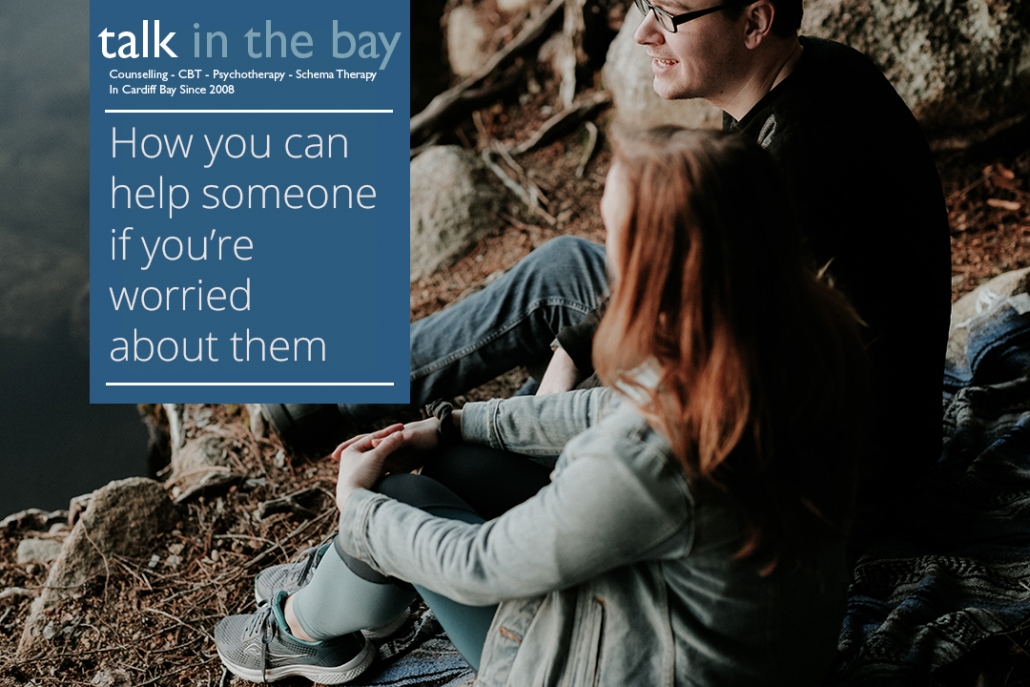Encouraging talking and actively listening can be a deeply kind action for someone you are worried about
Here at Talk in the Bay, we often get contacted by people who are concerned about the mental health of someone in their life. It could be their son or daughter, partner, family member or friend. Even though you sense that something is wrong, it can be difficult to get your friend or family member to talk to you. So, how can you get them to open up and talk about what’s bothering them? After all, people will only have counselling if they choose to. You can’t make someone go to therapy. They have to feel that it is a good idea and might benefit them. So where do you start?
Getting people close to you to talk can often be difficult, but if you can try to start a dialogue with them, then that could be the start of a healing journey. On their website, The Samaritans (Samaritans.org) have some excellent advice, not only for people who are experiencing difficulties, but also for those who are close to them and are really worried. They call it “having a difficult conversation” and give advice on how to try to talk to the person you are worried about, and they recommend just to try talking and especially learning to listen. Talking therapies recognise that it is so important for people to feel listened to.
The Samaritans recommend using SHUSH – active listening tips:
Show you care
Have patience
Use open questions
Say it back
Have courage
The website gives more in depth details for each point, for example, learning about the person, listening effectively and helping the person to share what they are thinking. The article also helps you to understand that it is not easy to get someone to talk to you, and that you will maybe say the wrong thing, or not express yourself very well, but that’s where the ‘Have Courage’ recommendation comes in; encouraging you to persevere and show that you’re still there for them and will keep listening and talking.
“The most basic and powerful way to connect to another person is to listen. Just listen. Perhaps the most important thing we ever give each other is our attention…”
Despite so many aspects of counselling being classed as “talking therapies”, in fact, it can involve just as much listening as talking. But it is the quality of the listening that is so important in effective therapy. There is a huge difference between just hearing what someone is saying to us and actually listening to them.
“A wise old old lived in an oak,
The more he saw the less he spoke,
The less he spoke the more he heard,
Why can’t we all be like that wise old bird?”



